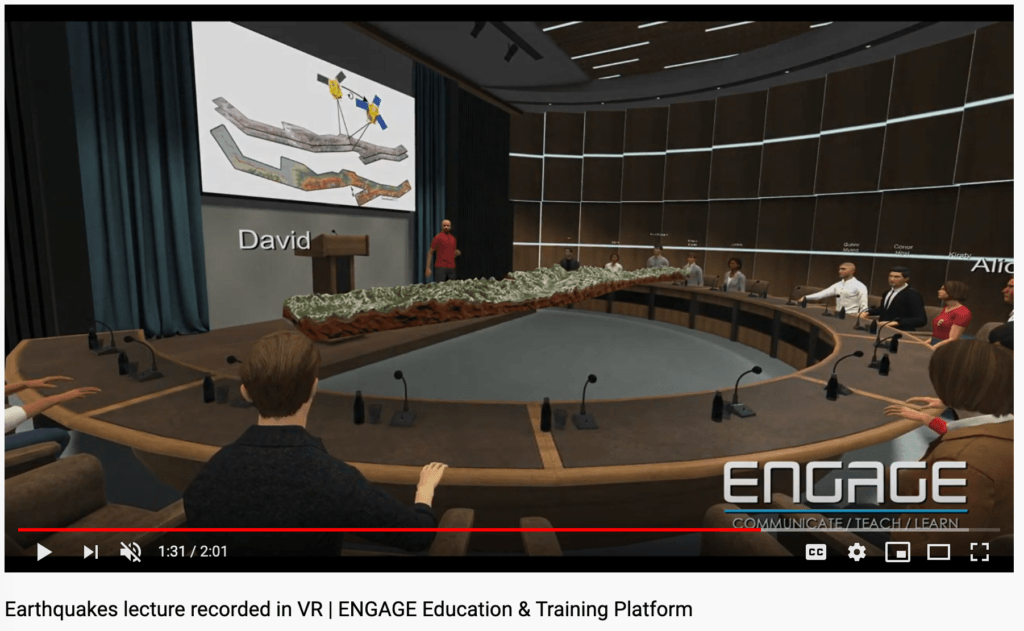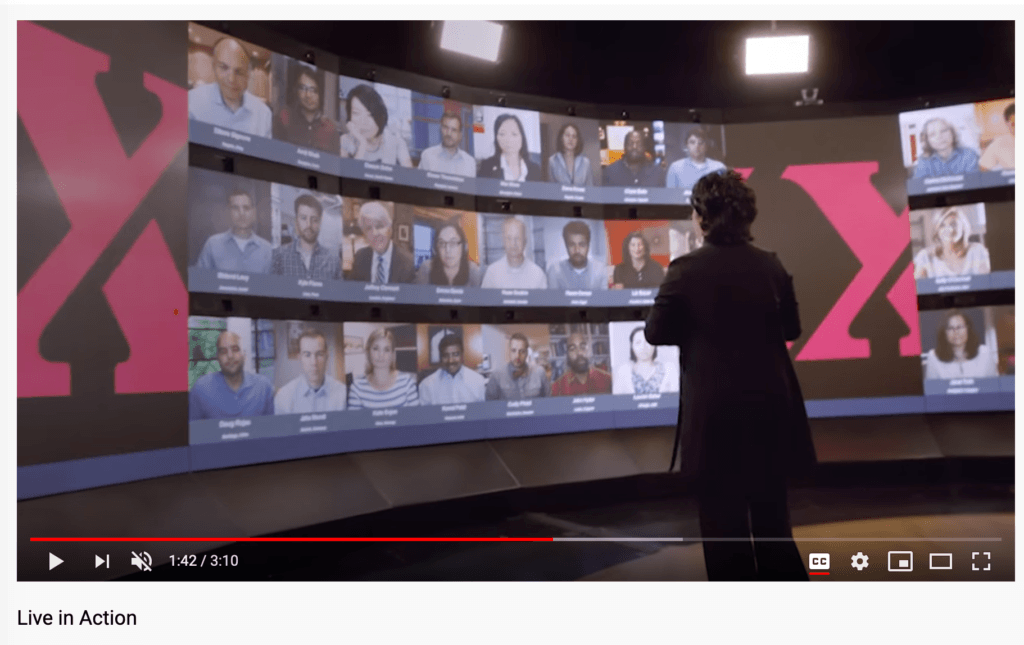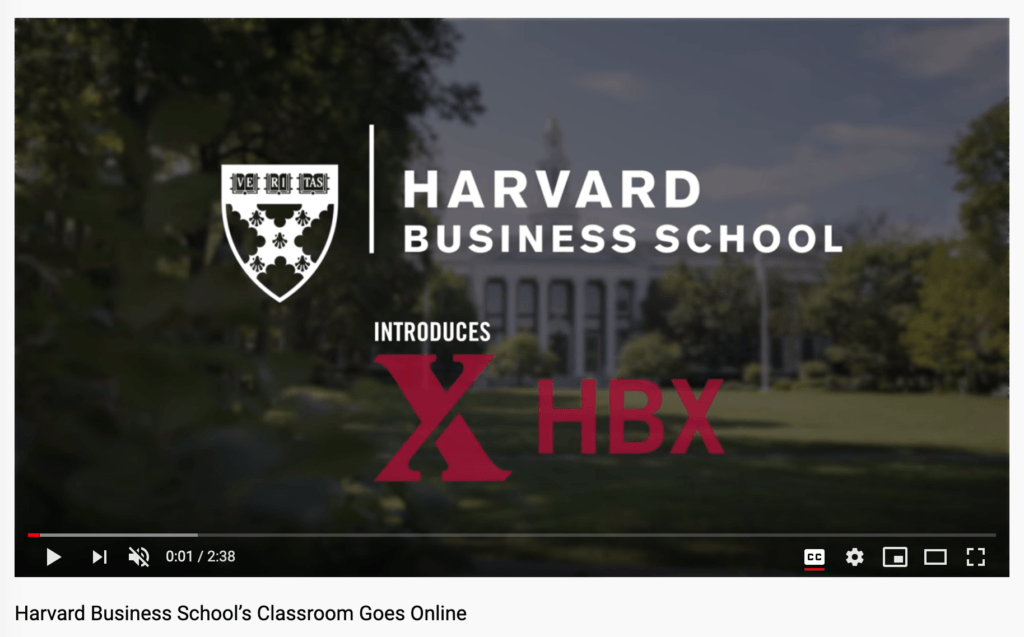Harvard Business School – Time to Embrace The New Reality?

The COVID-19 epidemic has affected every organization in the world, and Harvard Business School itself is no exception. As this pandemic could last for years, what else should HBS do to survive this storm and potentially come out stronger.
The COVID-19 epidemic has affected every organization in the world, and Harvard Business School itself is no exception. While we are intimately aware of how COVID has affected our experience as “on-campus” students, as reports suggest that the impact of this pandemic could last for years, it is worth considering what else HBS should do to survive this storm and potentially come out stronger on the other side.
HBS itself is comprised of multiple different discrete sections, each of which have been affected by this crisis: HBS on-campus education, HBS Online (formerly HBX), HBS Executive Education, and Harvard Business Publishing.
How COVID-19 has affected HBS
The COVID-19 pandemic has had many different impacts on HBS as a whole. Firstly, it has restricted the ability of students and faculty to travel internationally. This was one of the first ways that students were affected, and required the GEO office to cancel FGI for RC students. Next, it has required students and faculty to socially distance and not convene groups larger than 10. This directly prevented normal in-person classes from functioning as well as limited the use of most on-campus gathering spaces for previously scheduled conferences. Finally, it has caused the general economy to crash, which has impacted the university in many ways.
For current students, an economy in recession / depression has put job offers at risk and limited the ability to seek new offers. It has also put a strain on their families who may experience layoffs, furloughs, or decreased income. For incoming students, company sponsorship may not be an option to finance their HBS tuition. Also, international students have had increasing difficulty to arrange for visas to travel to the campus. HBS also relies on a large endowment which is invested in the stock market and has been impacted by the economic recession.
Incoming students also are not as interested in the idea of attending HBS virtually, or are demanding a decrease in tuition rates. In a poll of prospective students by Poets & Quants, “Roughly a third of prospective students already admitted to top business schools say they may want to defer their admission this year if classes fail to return to campus in the fall. Even more worrisome for B-schools, 43% believe tuition fees should be cutback by an average of 37.5% if the first part of their MBA program is shifted online due to the pandemic.” [1]
Overall, this pandemic has hit the school hard, and puts a significant amount of the school’s current and future revenue at risk. However, they have not been standing still during this time, and they have made several steps to address this crisis!
HBS’s Response
Every facet of HBS has mobilized quickly to adapt to the current limitation imposed.
In-Person Classes:
After cancelling FGI travel, in-person classes were all transitioned to Zoom meetings, with attempts to replicate previously planned in-person simulations including mock negotiations and the Shad Hall TOM Challenge. Zoom itself however has been coming under fire for privacy violations and data risks and some universities, such as Stanford, have banned its use on campus. Students who returned to their country of origin have also found that their new timezone makes attending remote classes challenging.
For incoming students, no decision has been made for whether classes will be held virtually at the start or on campus, but there remains a big risk that in-person classes will not be allowed by the start of the year. HBS has said that “We realize that the world has changed significantly since you applied — your employment, health, visa, or financial situation (or that of your families) may have shifted in the past few months,” and has offered new students “a window between May 15 and June 1 to request a deferral to start the full-time MBA program in 2021 — or even later — instead of this fall.” They have also expanded their waitlist of MBA applicants with Chad Losee, managing director of admissions saying, “We normally keep a relatively small waitlist. This is not a typical year. In the spirit of transparency, I am sharing that we plan to invite many talented and qualified applicants to stay with us on a larger waitlist.” They also annouced that they may decrease class sizes in the Fall [2].
HBS however, has tried to encourage admitted students not to defer. As noted by Poets and Quants, in a private webinar for admitted applicants, Dean Nitin Nohria asked admits to take a “leap of faith” and come to HBS whether the fall semester starts online, in the physical classroom or something in-between. Other business schools have shared similar statements, such as Dean Scott Beardsley from UVA saying “We have just come off one of the most robust job markets of the post-World War II era and now there is a greater degree of uncertainty for some people,” he says. “Maybe now is a good time to go back to school. I think an MBA will be a very strong option for many people who are unsure of what will happen in the next few years. For some people, the opportunity costs of attending school have just dropped. So we want to be able to be here for some of those outstanding people.” [3]
HBS Online:
HBS Online (previously, HBX) is a continuing education platform run by HBS. Because all of its activities have already been online, it is not as negatively affected by the COVID-19 crisis. However, it is not as expensive as attending HBS in person, and is notably seen as lesser-than the on-campus experience. HBS has to this point not shared resources and tools developed for HBS Online for their previously on-campus students, and kept the two initiatives separate.
HBS Online has reacted to this crisis by publishing not only resources for business leaders navigating this crisis [4], but also articles in Business Insider stating that “2 out of 3 people are not prepared for the next economic recession” and concluding that to be prepared, one should “Start learning new skills with online resources and consider furthering your education.” [5]
HBS Online had originally been developed to reduce the risk of digital disruption to HBS from multiple trends. In a Jan 2020 interview of the new Dean of HBS Online, Depbora Spar commented on the risk of disruption saying “I think undergraduate education is being disrupted for lots and lots of reasons. The internet is probably not the most important one. Probably the most important is the demographic shifts we’re living through right now. There’s just not as many 18 year olds. I think the next great one is going to be that the Chinese students are going to stop coming. So that’s going to hurt a lot of colleges in this country […] Harvard Business School [..] moves online not because it’s pulling up the ramparts, but because this is an amazing set of technologies and enables you to do what you do across a broader population.” [6]
HBS Online’s most recent changes had been to modularize their education into separately purchasable chunks and the development of HBX Live which is an immersive experience designed to mimic the case-based learning experience with a high fidelity, notably from the teacher’s standing perspective.
https://www.youtube.com/watch?v=Fkd2lQVgwWI
https://www.youtube.com/watch?v=Q1O0TwFOhM4
HBS Executive Education:
HBS Executive Education has cancelled all in-person events and offered refunds or deferrals to previously registered attendees [7]. Harvard Medical School has also been paying HBS to use their housing for hosting medical students. In their FAQs, they deny any current plans to offer virtual executive education offerings.
What HBS should do
HBS has not been afraid to experiment with new ways such as HBX Live to emulate the HBS case method experience and have found success as HBS Online has been able to reach a much larger audience than their in-person events ever could. HBS needs to bring this learning to the “on-campus” student population to address student’s concerns about the limitations of remote learning in the fall on their HBS community experience. They also should de-risk the ability. While they could simply invest in additional “Live” classrooms, what I would recommend is investing in the development of a true virtual classroom experience in VR. To accomplish this, just like they gave each student an iPhone for FGI, they would send each prospective student a $400 Oculus Quest standalone headset, which is known for its easy setup and immersive experience. Next, similar to the custom software solution they made for “Live”, they could contract with a software vendor to create their own customizable VR software, or partner with an established company in this space, such as EngageVR which offers a solution just like this.

https://www.youtube.com/watch?v=LK9L9NRk6N8
Students can choose to join via VR, or from their laptop as an avatar, and once in VR, can physically raise their hand, turn their attention to whomever is speaking, build relationships, and even host skydeck in a way that was lost in the transition to Zoom. VR Sim Experiences can also be developed and turn into a new source of revenue for the school as they can be licensed to other schools or reused in executive education settings as well.
For EC Classes, I would encourage the school to consider offering courses in a broader range of times of day to accommodate internationally located students with various timezones.
By pioneering a VR HBS experience that is first class for their normally on-campus students, HBS can elevate the value of their degree by enhancing the social component of an experience which is known to be largely valuable because of the connections and network one forms.
Sources:
4. https://online.hbs.edu/blog/post/coronavirus-tips
7. https://www.exed.hbs.edu/covid-19-updates-frequently-asked-questions#Impacted_Programs






Thanks for sharing! I really enjoyed reading about your suggestions about how HBS can build a virtual classroom through VR to deliver an experience that is more encompassing than Zoom but still respecting social distancing guidelines.
I’m really curious on how enrollment will shakeout with the announcement about accepting deferrals. For those who are WFH in their jobs, I’m not sure what their willingness would be to leave a paycheck for an online experience given that business school is a highly social experience and the network is one of the greatest assets you build while you are here. For those who have lost their jobs, it’s likely they had some plan for how to pay for business school and it may be a good break for 2 years, in hopes that the job market will be better after.
Since 37% of the class is international (https://www.hbs.edu/mba/admissions/class-profile/Pages/default.aspx) will they even be able to travel in August in hopes of there being some in person component? Would they want to stay in their home country and start school online? I worry that this number will drop because of deferrals and the incoming class might not have as rich of an experience from missing out on the learnings and perspectives of peers who grew up in and work in cultures much different from theirs. Tough times ahead!
Thank you! I agree, the value proposition is greater for people who are out of work trying to upskill as they prepare to re-enter the market in two years. I think that the international class reduction is also a big factor, and may be one reason pushing HBS to stay virtual for even longer, at least optionally, exploring a hybrid in-person / Zoom in classroom model. I do hope that at least some people at HBS are looking into VR as a potential solution as well to consider, as it has a lot of exciting up-sides for them during this crisis and for HBS Online in the future!
Thanks for the great article “I’m not a robot!”. I thought your recommendation for the VR headsets was a very unique and creative solution I hadn’t heard of before. I would be curious to know if you think these measures are just a substitute for the normal HBS experience while social distancing rules are in place, or whether you think HBS can incorporate more of these tools and experience into the normal MBA experience?
Thanks, Chris! I would love to see them explore ways that VR can create SIM experiences that are not possible on a laptop to augment an in-person experience once that becomes available again. Imagine doing the Everest challenge.. from Everest! In VR!
I would love to experiment with VR headsets in my classroom. Are there certain classes/topics you think this would work better with?
Thanks, Yael! I assume you are an HBS instructor? From my experience in VR, I would find any traditional classroom experience to be a good fit, especially if you can make a model of the stadium seating arrangement. The best way to get familiar is to give it a shot! Oculus Quests are only $400, and I highly recommend the investment.
What an interesting post! I’d love to comment on several things:
1. It is a fallacy to say that the “opportunity cost of attending school have just dropped” in the Covid-19 era, the exchange rate will be very costly for the majority of the international students and if HBS is not considering this they will lose an enormous asset of their in-class experience: diversity and multicultural experience.
2. The online experience will democratize education; if this is well coordinated more people will have access to high-quality education without the cost of leaving home, visa process and other externalities. Paradoxically, I believe the in-person experience will be more costly and more exclusive, for reasons stated before and because I am sure that classroom capacity will lower to what it was.
3. We learn in 3D environments, if there is space for VR, it is in a “field trip” scenario that they should consider. I see this not for classroom purposes, but more for “outside” of classroom learning experiences like manufacture, textile, industrial spaces, or even for Med School, Archeology, Architecture, etc. VR is a great area to explore for educational purposes!